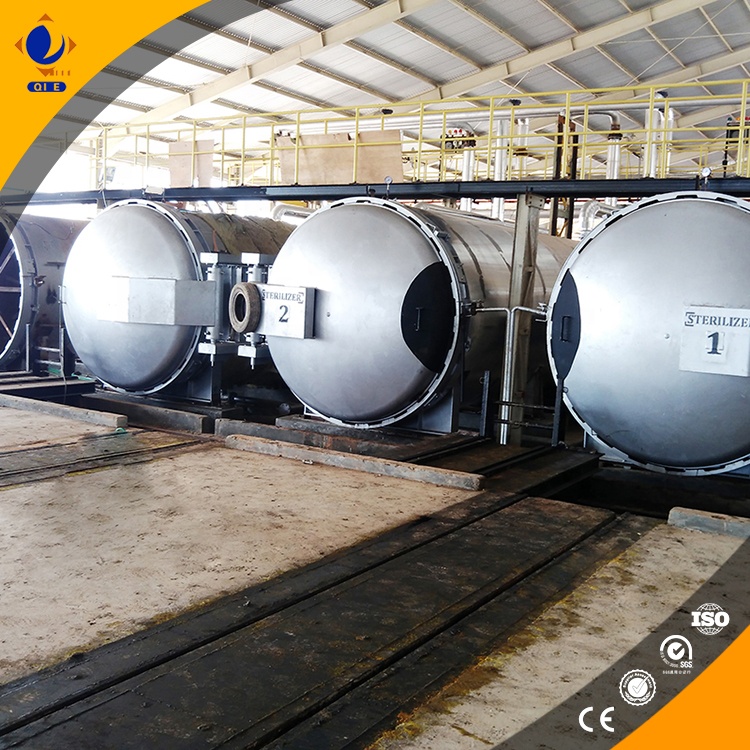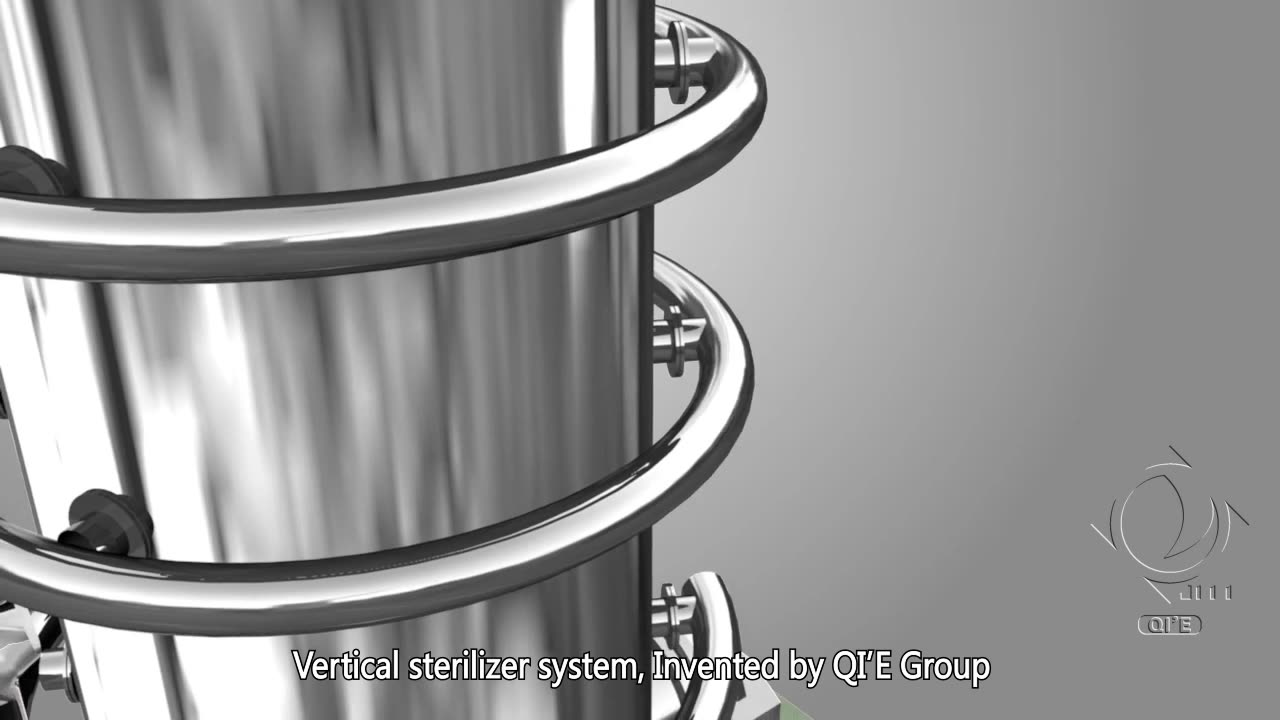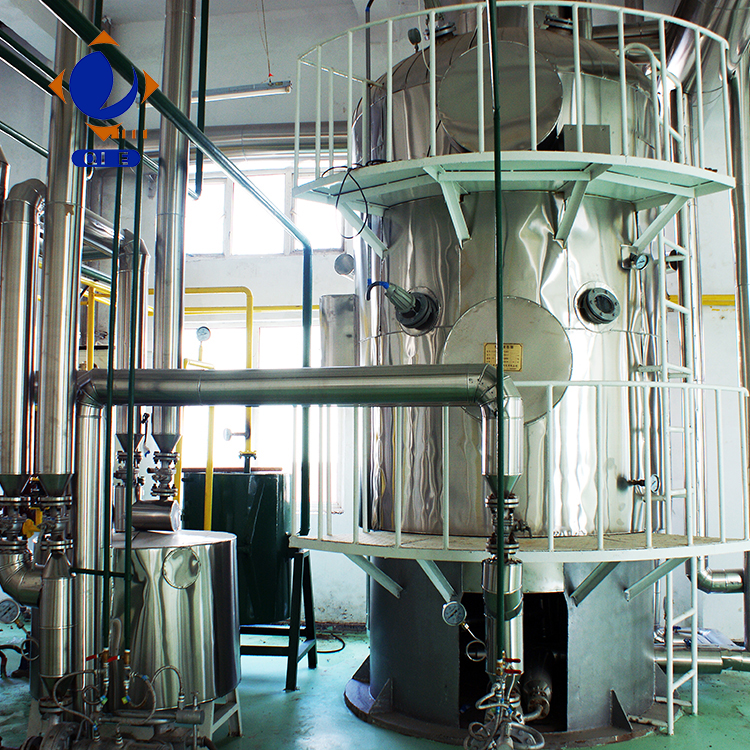
In the competitive arena of global soybean oil processing, material selection is critical not only for equipment durability but also for food safety and operational efficiency. Among many options, 304 stainless steel has emerged as the preferred material for export-ready soybean oil refining machinery. This status is no accident — it is a result of 304 stainless steel’s proven advantages in corrosion resistance, compliance with stringent international certifications, and its compatibility with advanced modular automation.
The soybean oil refining process exposes equipment to acidic and alkaline substances, high temperatures, and frequent cleaning cycles, demanding materials that resist corrosion and contamination. 304 stainless steel's alloy composition, including a minimum of 18% chromium and 8% nickel, forms a passive oxide layer that protects against rust and chemical degradation.
Additionally, 304 stainless steel complies with international food-grade standards such as FDA and EU Regulation 1935/2004, ensuring that no harmful substances leach into consumables. This is especially vital in export markets that mandate rigorous certification. The material's surface finish is smooth and easy to clean, minimizing bacterial growth and guaranteeing product purity throughout long-term operations.
Modern refining equipment integrates the four key processes—degumming, neutralization, bleaching, and deodorization—into a single compact unit constructed predominantly from 304 stainless steel. This contrasts with traditional segmented setups, which require multiple installations and incremental costs.
The unified design reduces cross-contamination risks and energy consumption by approximately 15-18% compared to separated systems. For example, a Southeast Asian client implemented this integrated equipment and reported an 18% energy reduction alongside a project commissioning shortened to under 7 days, accelerating operational readiness and cutting capital expenditure.
| Comparison Metrics | Traditional Segmental Equipment | Integrated 304 Stainless Steel Equipment |
|---|---|---|
| Energy Consumption | 100% | 82% |
| Installation & Commissioning Time | 15+ days | ≤7 days |
| Maintenance Frequency | Higher | Lower |
| Operating Cost | Higher | Reduced by up to 12% |
One of the standout benefits of selecting 304 stainless steel equipment lies in its compatibility with modular construction. Pre-fabricated modules allow for rapid shipment and on-site assembly tailored to client facility layouts. This reduces the need for complex onsite welding or long installation periods, critical for export customers facing tight schedules and limited local labor expertise.
Simplifying installation shortens downtime and accelerates return on investment while ensuring consistent build quality and compliance with GMP (Good Manufacturing Practice). Furthermore, strong local after-sales service networks support swift diagnostics, maintenance, and parts replacement, reinforcing customer trust and operational continuity worldwide.

To maximize the benefits of 304 stainless steel refining equipment, operators should consider:

Investing in 304 stainless steel soybean oil refining equipment backed by modular engineering and internationally certified quality systems is a strategic decision empowering global customers to elevate their competitive edge. With localized after-sales responsiveness and data-driven process support, enterprises achieve consistent high-quality yield, energy efficiency, and accelerated market responsiveness.

Download Your Comprehensive Equipment Installation Checklist Now

